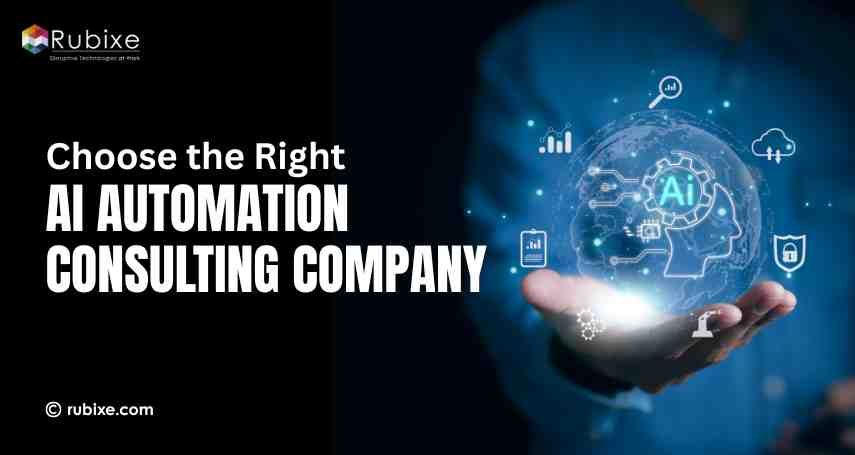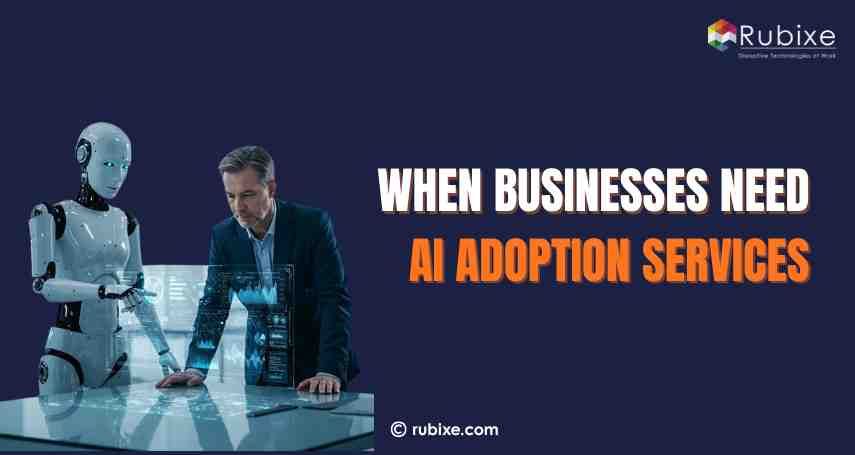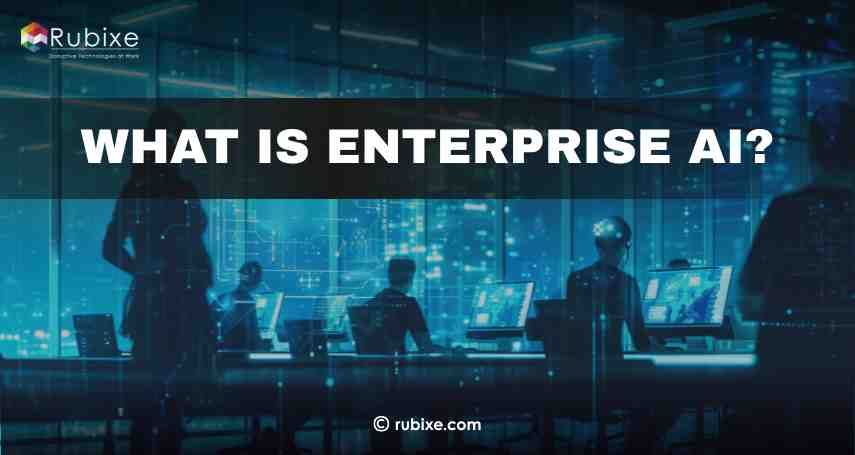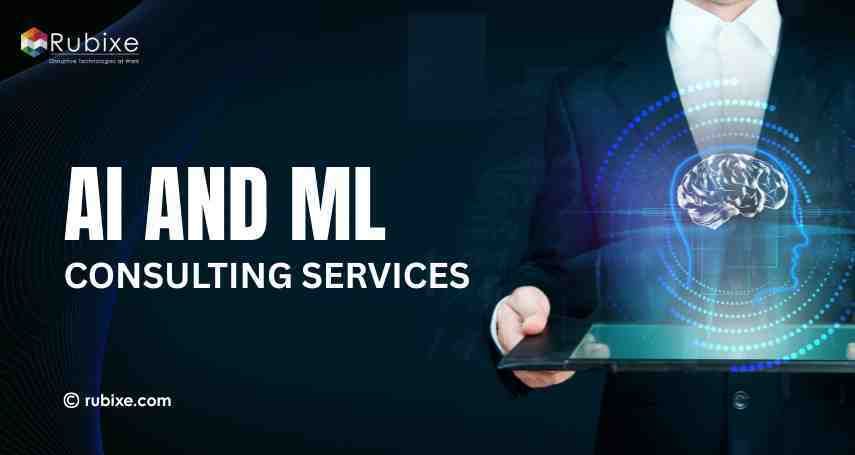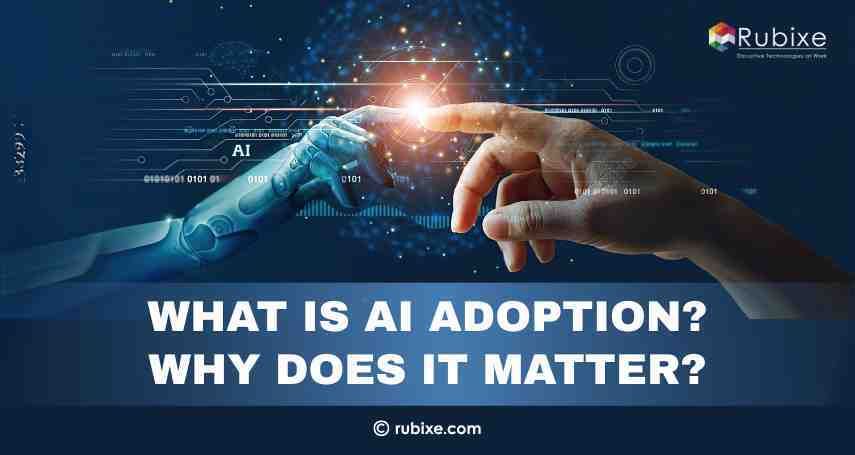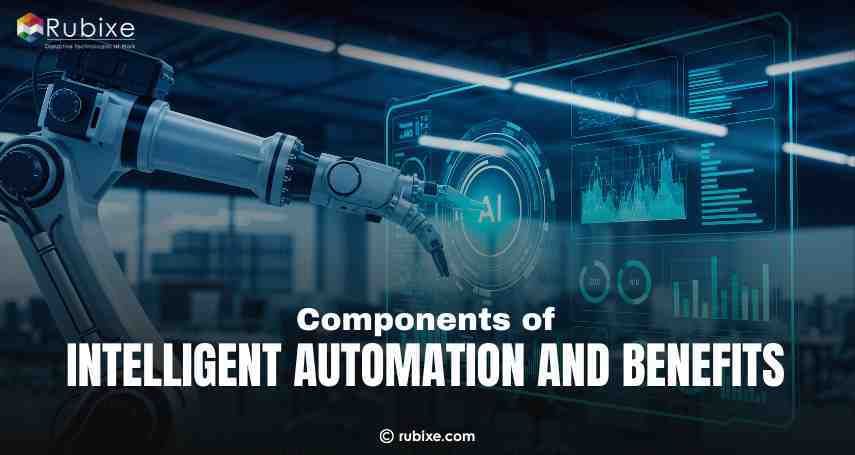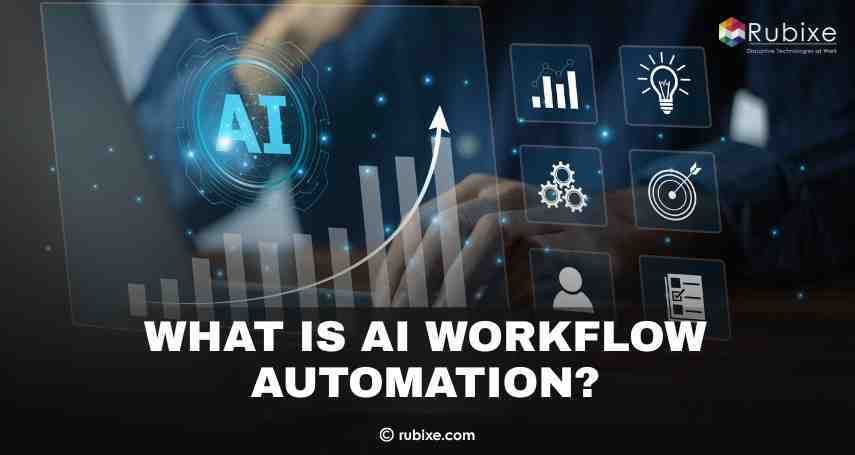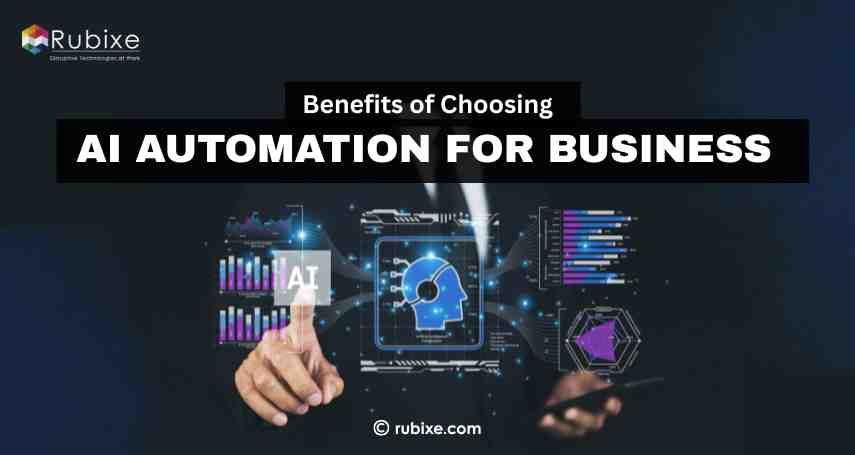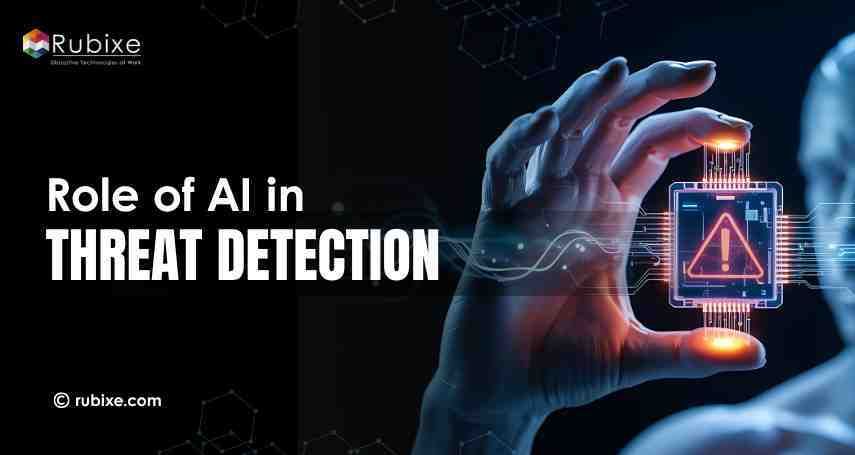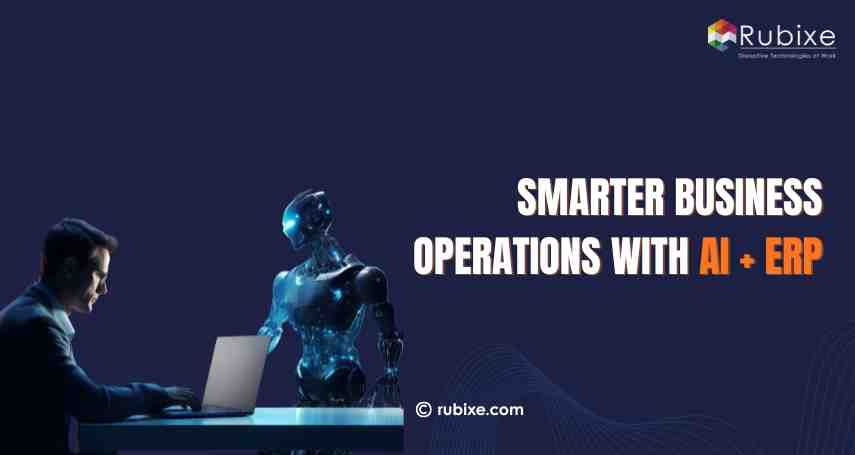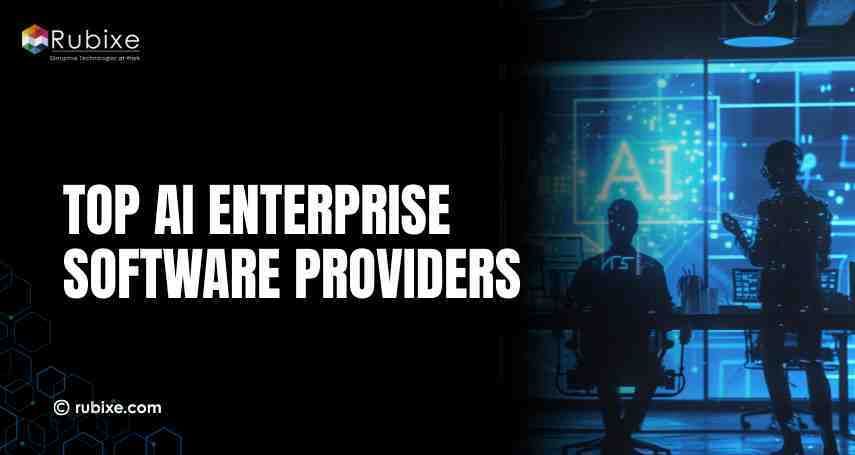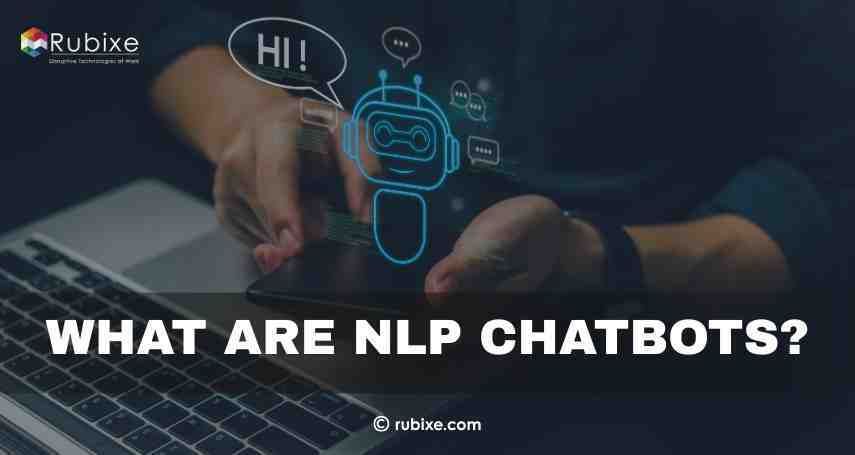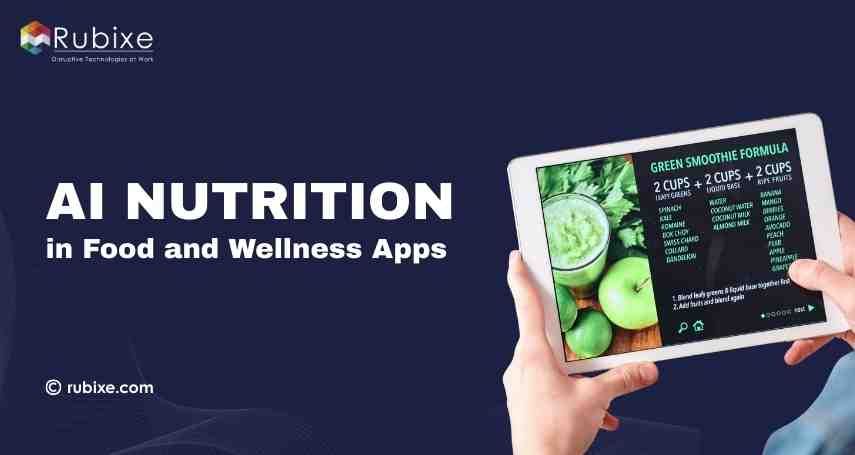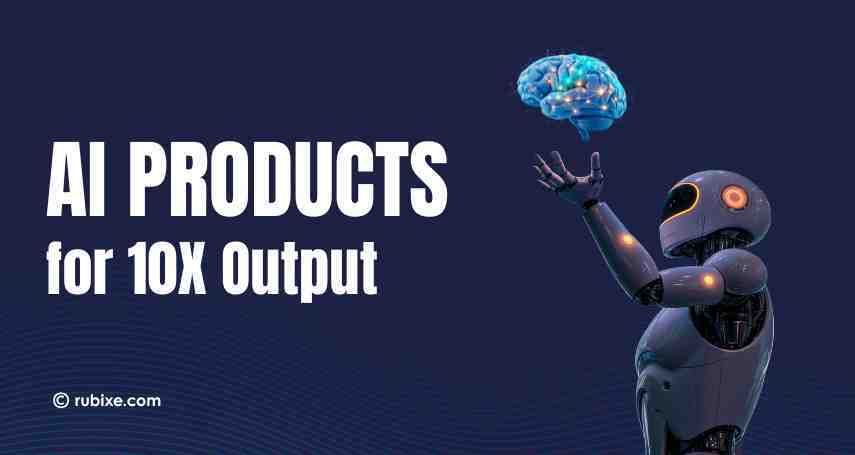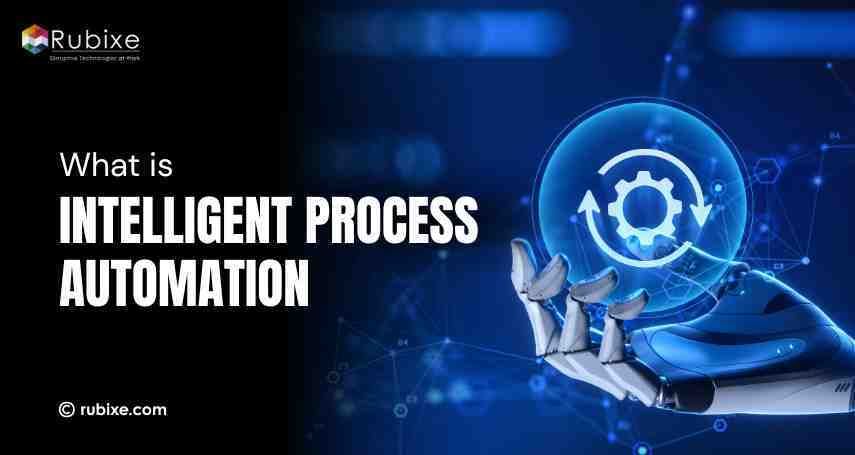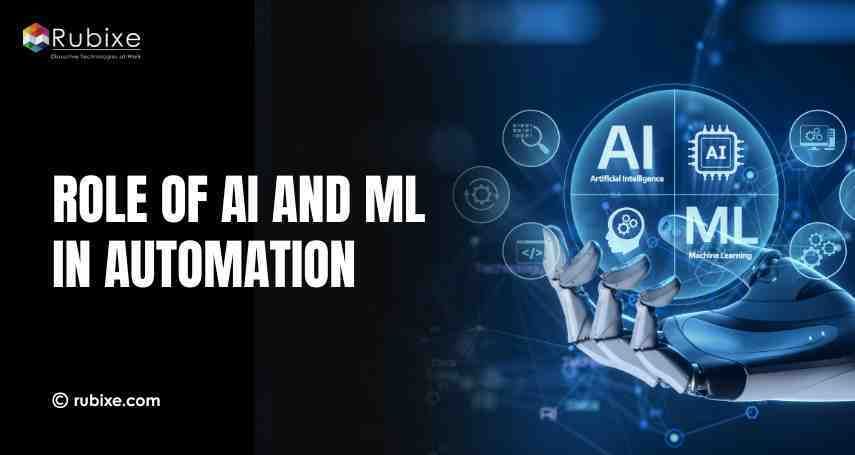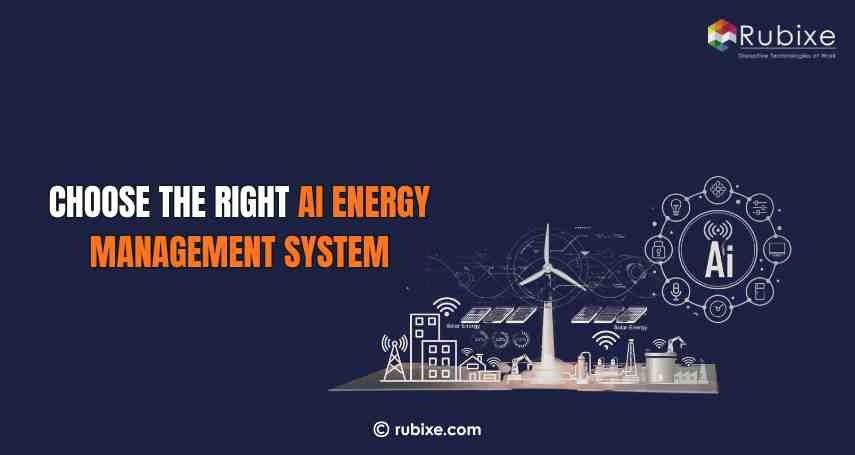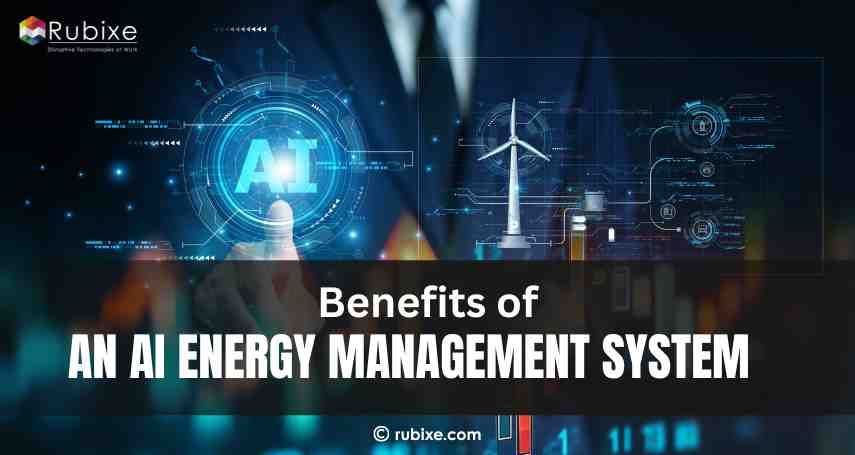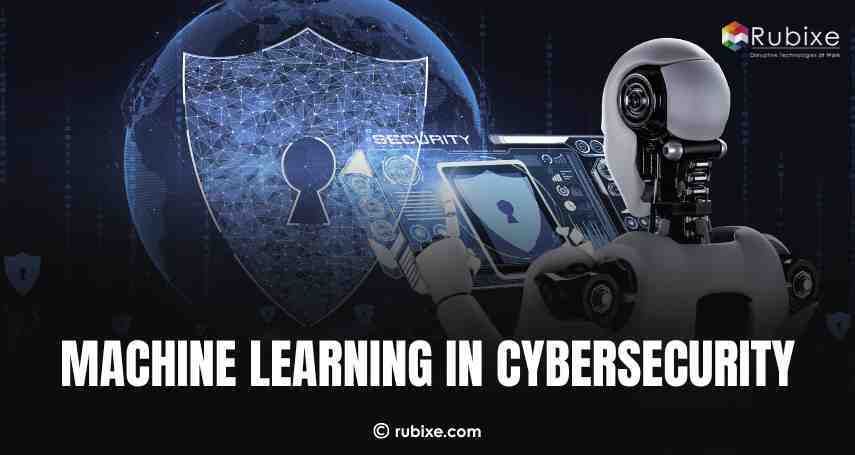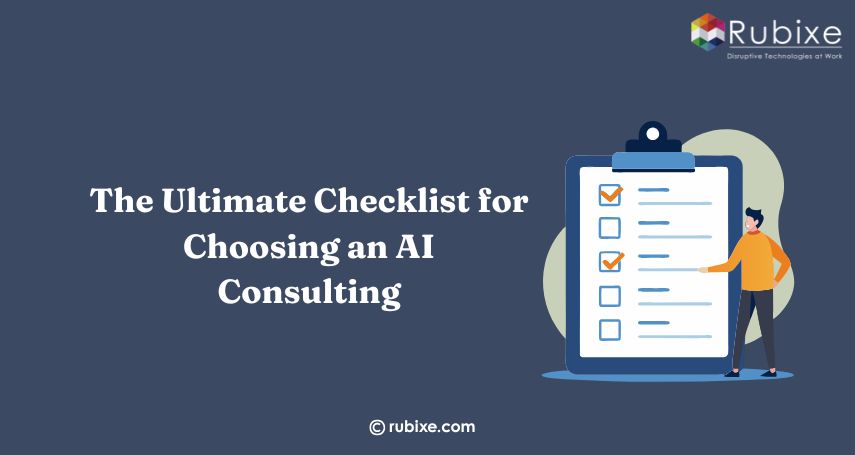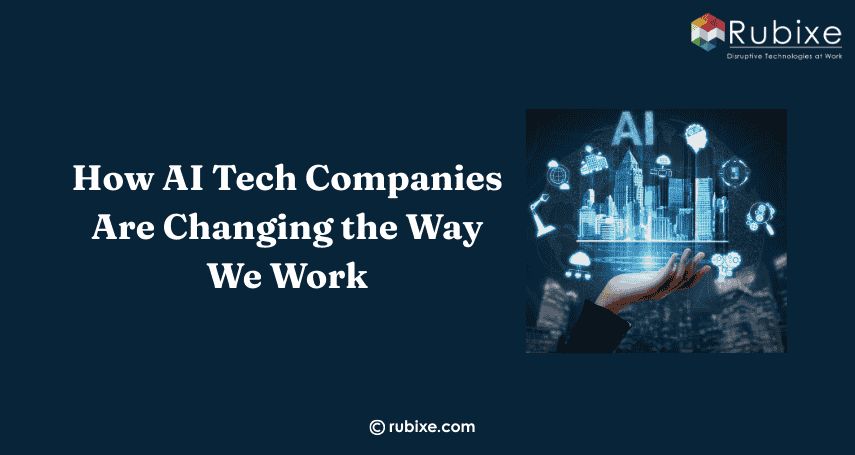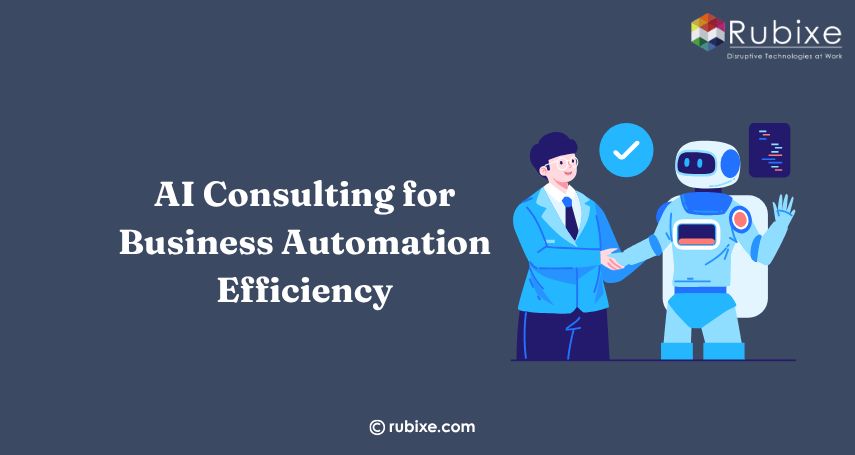AI Consulting for Workforce Management and Planning
Explore how AI consulting revolutionizes workforce management with intelligent planning, automation, and predictive analytics to enhance efficiency.
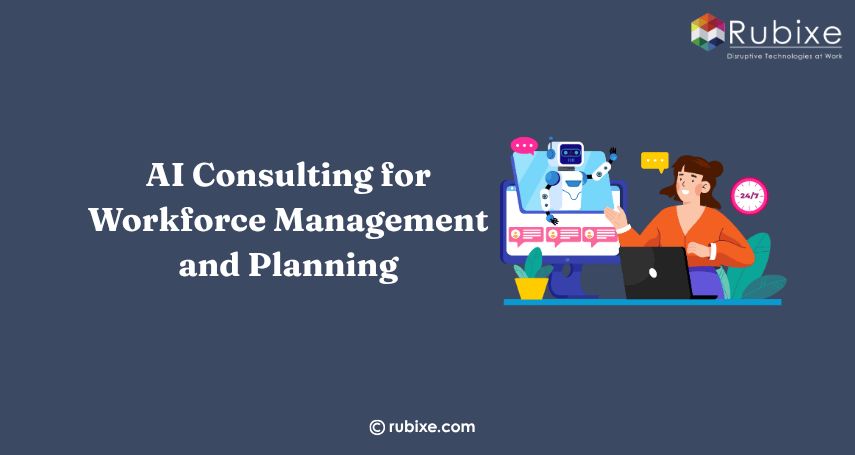
When I first explored AI consulting for workforce management and planning, I realized it’s not just about automating tasks. It’s about using data and smart tools to make better hiring decisions, forecast talent needs, and build a more agile, efficient workforce strategy. I use AI consulting to help businesses plan smarter, manage talent better, and make data-driven workforce decisions. It's about improving efficiency, not replacing people.
What Is AI in Workforce Management?
AI in workforce management refers to the use of machine learning, data analytics, and automation tools to optimize how people are scheduled, managed, trained, and retained. It applies advanced algorithms to uncover trends, improve decision-making, and eliminate inefficiencies across HR and operations.
From predictive hiring to automated scheduling and real-time productivity tracking, AI transforms the way companies align human resources with business goals.
What Does AI Consulting Do for Workforce Strategy?
Many organizations implement software without fully understanding how to align it with business goals, culture, or scale. That’s where AI consulting makes the difference.
AI consultants help organizations
-
Assess workforce challenges: Turn vague issues into data-backed opportunities.
-
Select the right AI tools. Not every tool fits every business. Consultants help identify scalable, compatible solutions.
-
Develop data infrastructure: Set up pipelines to gather, cleanse, and leverage employee data.
-
Build automation flows: Reduce repetitive tasks like attendance logging, payroll reconciliation, and training assignments.
-
Predict workforce needs: Use AI to anticipate hiring surges, skill gaps, and attrition risks.
How Is AI Used in Workforce Management?
Here are some of the most common (and powerful) ways AI is applied:
-
Automated Scheduling: AI tools generate optimal shift schedules based on employee preferences, workloads, and compliance rules.
-
Predictive Hiring: Algorithms analyze resumes, job histories, and performance data to identify top candidates.
-
Attrition Risk Analysis: AI flags employees likely to leave based on behavior, engagement, and historical patterns.
-
Skill Matching: Platforms suggest training paths or internal mobility options based on AI-mapped skill profiles.
-
Performance Management: Real-time tracking of KPIs and sentiment to guide feedback and incentives.
How can AI improve workforce planning?
AI uses historical and real-time data to create accurate forecasts about staffing levels, project needs, and skill shortages. This helps prevent overstaffing or understaffing and ensures agility in planning.
-
Demand Forecasting: AI analyzes historical data and market trends to predict future workforce needs, helping organizations plan staffing levels accurately.
-
Skill Gap Analysis: AI tools assess current employee skills against future requirements, identifying gaps and guiding training or hiring decisions.
-
Optimized Scheduling: AI can create efficient work schedules based on employee availability, workload, and demand patterns, improving productivity.
-
Talent Acquisition: AI speeds up recruitment by screening resumes, matching candidates to roles, and predicting candidate success.
-
Attrition Prediction: AI models can forecast employee turnover risks, allowing HR to take proactive steps to retain talent.
-
Diversity & Inclusion Insights: AI helps track diversity metrics and detect unconscious bias in hiring or promotions, supporting fair workforce practices.
-
Scenario Planning: AI simulates different workforce scenarios (e.g., remote work, market shifts) to help leaders make informed strategic decisions.
-
Resource Allocation: AI helps distribute tasks and projects based on employee strengths and workload capacity.
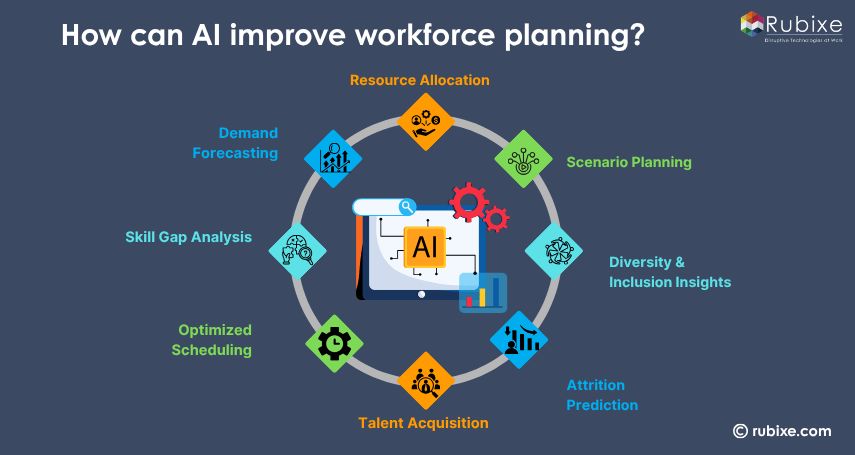
Is AI replacing HR jobs?
No. AI enhances HR capabilities by automating routine tasks, freeing professionals to focus on strategy, culture, and human connections.
What AI is doing:
-
Automating repetitive tasks: Resume screening, interview scheduling, and basic employee queries can now be handled by AI tools.
-
Enhancing decision-making: AI provides data-driven insights for talent acquisition, retention, and workforce planning.
-
Improving efficiency: HR professionals spend less time on admin and more on strategy and employee engagement.
What AI is not doing:
-
Replacing human judgment: Complex tasks like conflict resolution, cultural development, and leadership coaching still require empathy and intuition, things AI lacks.
-
Leading organizational change: HR’s role in guiding company culture, communication, and employee well-being remains deeply human-centric.
Which industries use AI in workforce planning?
Retail, manufacturing, healthcare, logistics, tech, and even public services increasingly rely on AI to manage labor-intensive operations and dynamic staffing needs.
What challenges come with AI in workforce management?
Common challenges include a lack of clean data, integration issues, employee pushback, and unrealistic expectations. AI consulting helps navigate all of these effectively.
The Role of AI Consulting in Talent Lifecycle Optimization
From hiring to retirement, AI can add intelligence at every stage of the employee lifecycle. Here's how AI consultants optimize each phase:
-
Recruitment: Bias-free screening, faster shortlisting, and predictive performance analysis.
-
Onboarding: Personalized, automated onboarding flows tailored to job roles.
-
Training: AI-curated learning paths and adaptive training modules.
-
Engagement: Sentiment analytics to gauge morale and guide leadership interventions.
-
Retention: Identifying early signs of dissatisfaction and offering proactive solutions.
Tools & Technologies Recommended by AI Consulting Firms
Leading AI consulting companies like Rubixe often recommend platforms that support end-to-end workforce intelligence:
-
Workforce AI Platforms: Tools like Workday, UKG, or SAP SuccessFactors with AI layers.
-
HR Analytics Suites: Solutions like Visier or ChartHop for in-depth workforce analytics.
-
AI Chatbots: Internal bots that answer employee questions, schedule meetings, and process requests.
-
Predictive Engines: Custom machine learning models trained on internal HR data.
Future of Workforce Management with AI
As AI continues to mature, the future of workforce planning will be:
-
Proactive: AI will alert managers before staffing problems arise.
-
Fair & Inclusive: Bias-detection tools will ensure ethical hiring and promotion.
-
Hyper-Personalized: Training, incentives, and career paths will be tailored per individual.
-
Agile: Workforces will adapt in real time to demand, crises, or skill shifts.
AI consulting is key to realizing this future—bridging the gap between potential and execution.
Rethinking Workforce Strategy Starts with the Right Partner
Modern workforce challenges require more than manual effort or legacy systems. Whether you’re a startup scaling fast or an enterprise with global HR operations, AI consulting for workforce management offers a competitive edge.
With Rubixe as your AI consulting partner, you gain not just technology but intelligent guidance, execution support, and long-term transformation.
